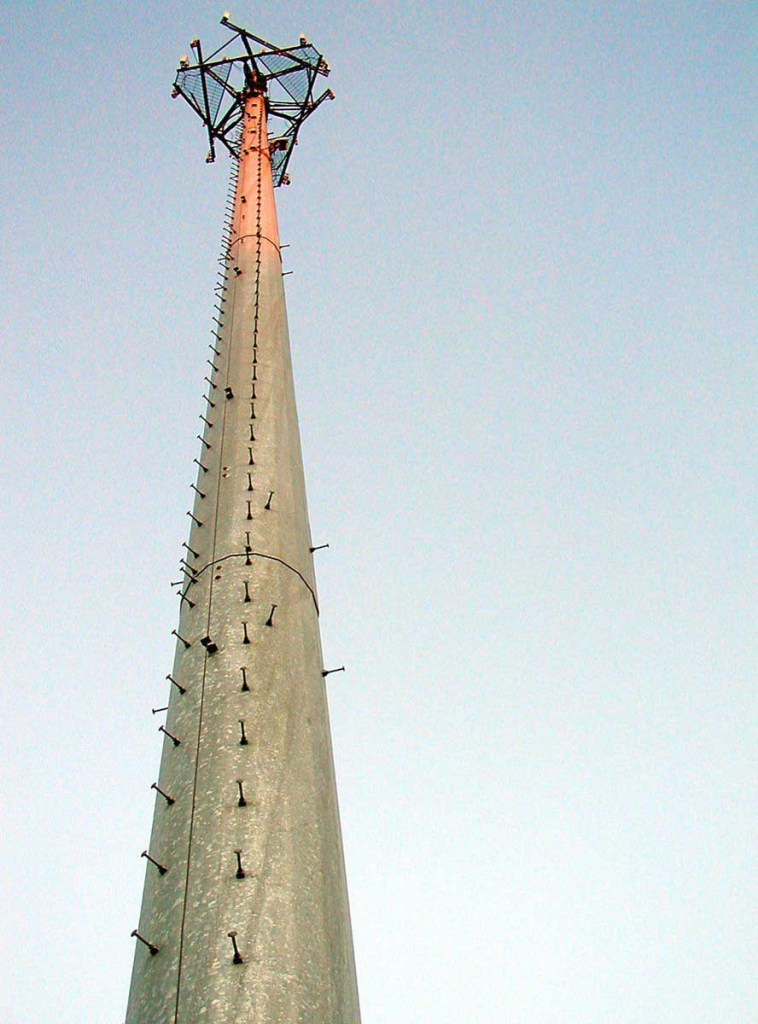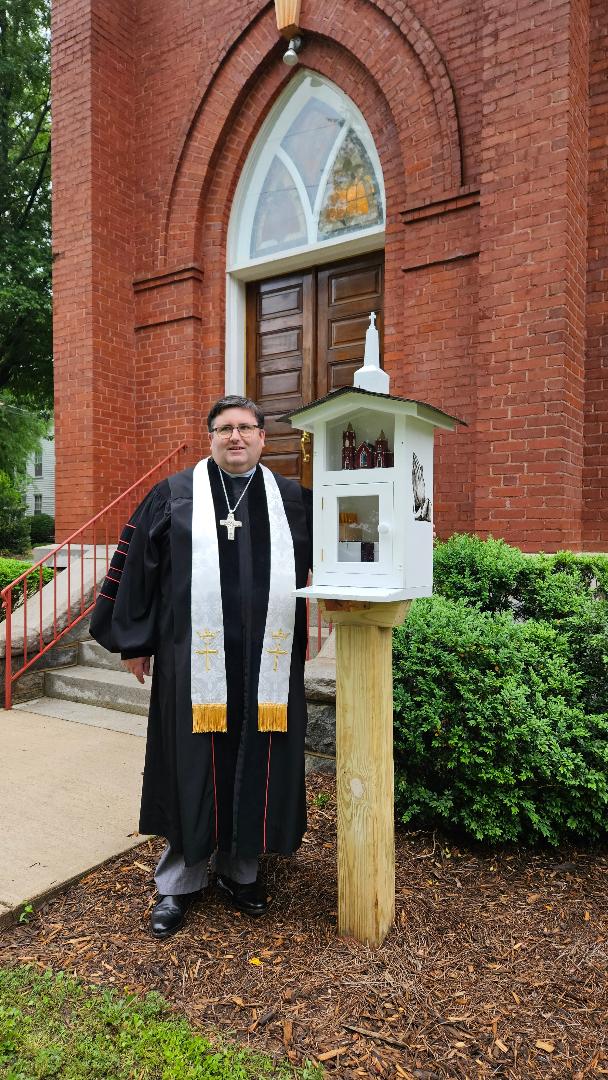Massachusetts transit authority extends moratorium on Wi-Fi project
Published 8:15 am Tuesday, August 1, 2017

- monopole cell tower
BOSTON — The Massachusetts Bay Transportation Authority has extended a moratorium on its Wi-Fi project for another two weeks while the transit agency continues a review of the controversial contract that has caused a furor in communities along commuter rail lines.
Steve Pofta, the MBTA’s interim general manager, told the transit agency’s fiscal control board Monday that his initial review of the 22-year contract with BAI Communications to install hundreds of monopoles to along the commuter rail system suggests it could be complicated, if not costly, for the state to get out of the deal.
“We will work with BAI to consider possible mitigation options in light of the terms of the contract,” Pofta told the board during a meeting at the MBTA’s Boston offices. “But it’s important to note that the contract has no termination for convenience clause.”
The MBTA wants to improve its wireless service by contracting with a private company that will install hundreds of 74-foot towers, known as monopoles, along its tracks.
But the project has sparked a backlash from homeowners and local officials who say the monopoles will ruin the character of neighborhoods and drag down property values.
The control board temporarily halted the project following a June 26 hearing when it heard from dozens of opponents, but that moratorium expires this week. Monday, the board took no action but extended the moratorium until Aug. 14.
More than 320 poles are planned for 80 communities along the commuter rail lines, including dozens along tracks on the North Shore and in the Merrimack Valley.
Cities and towns have united in opposition to the monopoles, with some exploring legal challenges. There’s also been talk of convening a regional summit with city and town governments impacted by the project.
Local officials reiterated their concerns about the project at Monday’s meeting, saying the transit agency has done a poor job communicating with cities and towns.
Senate Minority Leader Bruce Tarr, a Gloucester Republican, told the board it should revisit the contract to minimize the impact of the project and, if possible, put it out to bid again.
“There’s no doubt having good Wi-Fi service and telecommunications … and having someone else pay for it … is an important goal,” Tarr said. “But that shouldn’t come at the expense of the quality of life in our communities.”
Most officials said they aren’t opposed to the MBTA’s efforts to improve Wi-Fi service on the trains but said the state needs to come up with less-obtrusive sites for the monopoles or, even better, use technology that doesn’t require towers.
Dozens of homeowners packed the afternoon meeting of the board to voice concerns about the project.
“We don’t want this in our historical district,” said Brian Hurley, of Shawsheen Village in Andover. “This thing is out of control. Please stop it.”
The state’s congressional delegation has also weighed in on the issue, asking the Federal Communications Commission last week to “carefully examine” the project because it “could impact the historic and cultural character” of cities and towns.
In 2014, the MBTA signed a 22-year lease with Illinois-based inMotion Wireless to install, maintain and operate a multi-million-dollar Wi-Fi system for commuters.
The company, which was recently bought by Australia-based BAI Communications, is footing the bill for the $140 million project but will get more than 92 percent of the net revenue from a fee-based premium service, leasing of the monopoles to third parties, and WiFi advertising.
The MBTA would get the other 7.5 percent of the revenue, which officials estimate could generate between $20 million and $40 million for the agency over the term of the contract.
The commuter rail’s Wi-Fi system has been plagued with complaints from commuters, who say it’s often spotty and unreliable. The upgraded service, expected to be available by 2018, will be free, but a faster, fee-based premium service will be offered.
The company previously estimated profits of more than $68 million from a fee-based premium Wi-Fi service within the first six years of operation. Cities and towns will not get any of the revenue from leasing of the monopoles or the premium service.
The MBTA is largely exempt from local zoning rules and the company has already obtained state and federal permits required to install the system. But federal rules restrict transportation projects that would impact historic and cultural sites.
What’s more, local officials point out that the state Department of Transportation’s regulations for utility and telecommunications projects require the state to get local zoning permits.
In Andover, which has become the epicenter of opposition to the towers, local officials say the company failed to get permits for the project from the local zoning board, as required.
“Therefore, no action should be taken with regard to the instillation of the monopoles in Andover unless and until a special permit is issued for such monopoles,” Town Manager Andrew Flanagan wrote in a July 24 letter to the MBTA’s control board. “No application has been made by inMotion.”
However, John Englander, the MBTA’s general counsel, told the board that siting of the towers was not subject to local zoning laws because it’s not a Department of Transportation project.
Christian M. Wade covers the Massachusetts Statehouse for North of Boston Media Group’s newspapers and websites. Email him at cwade@cnhi.com.





